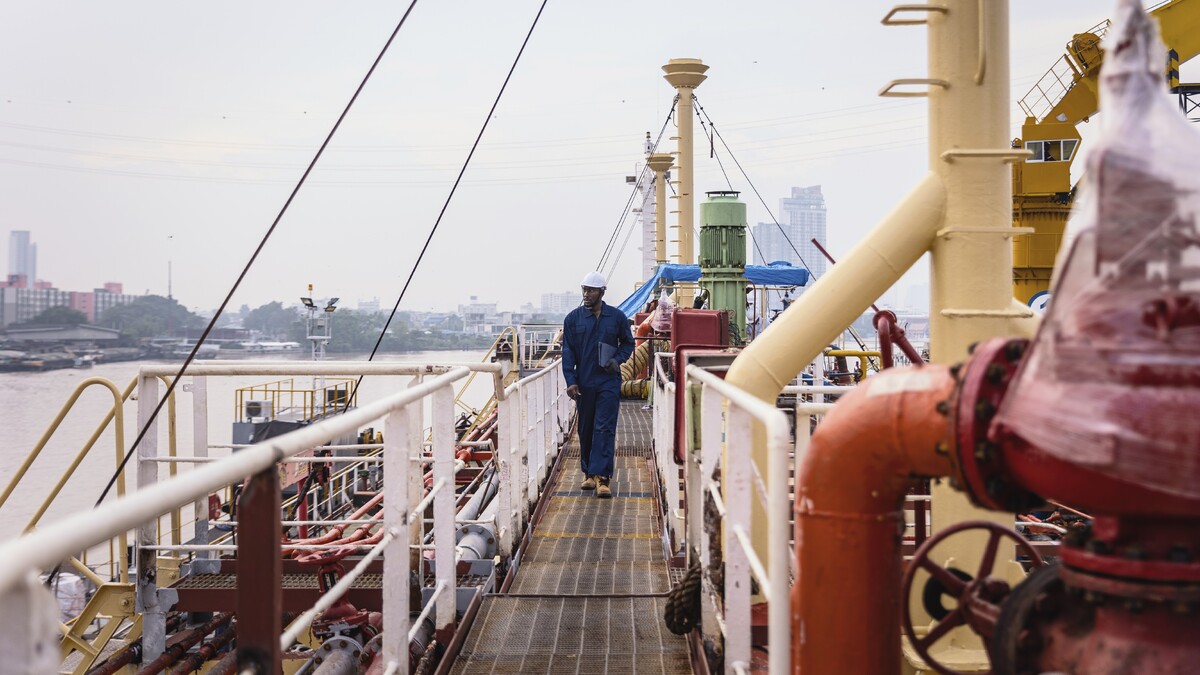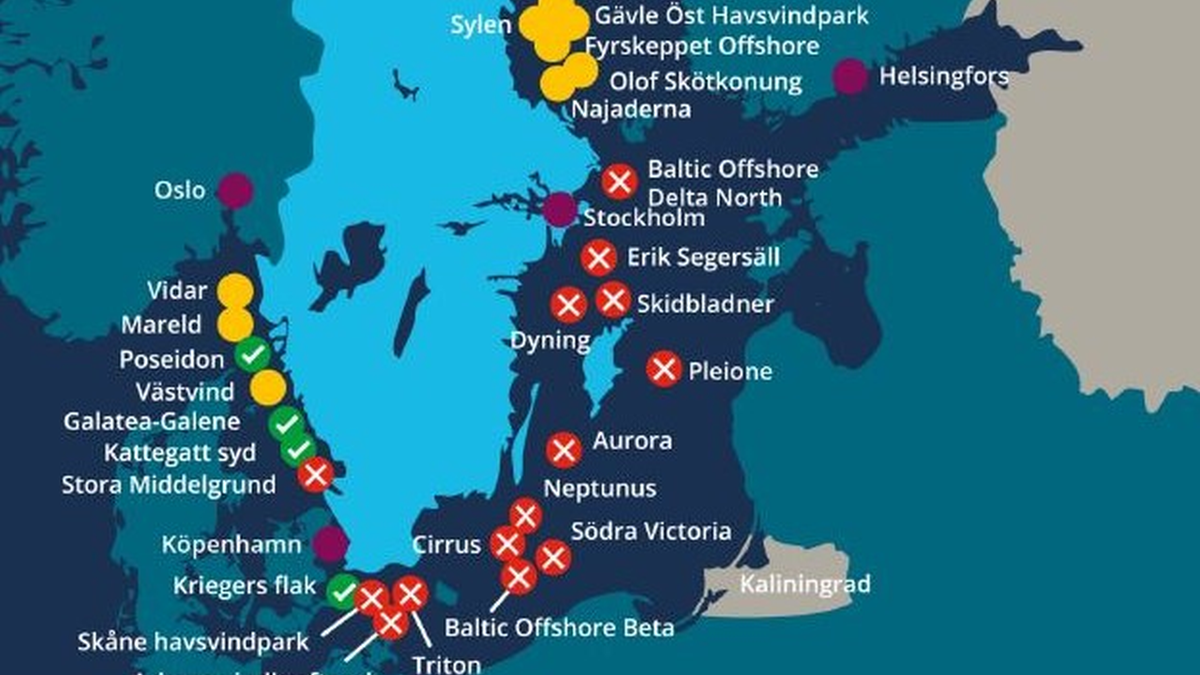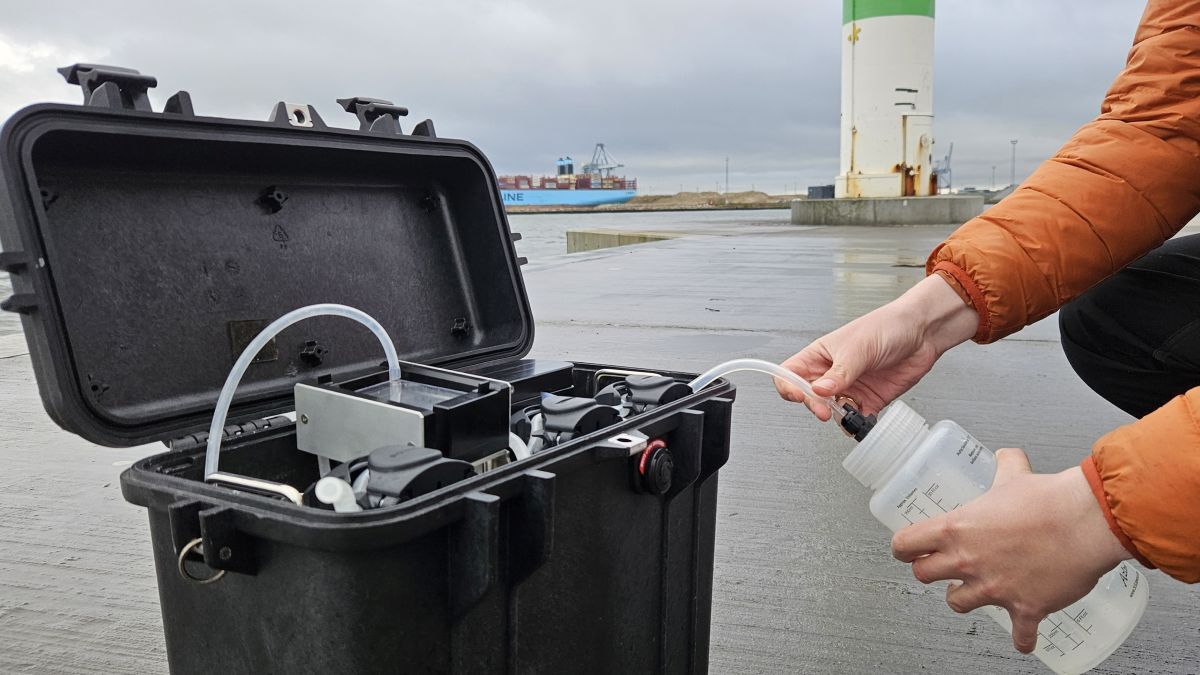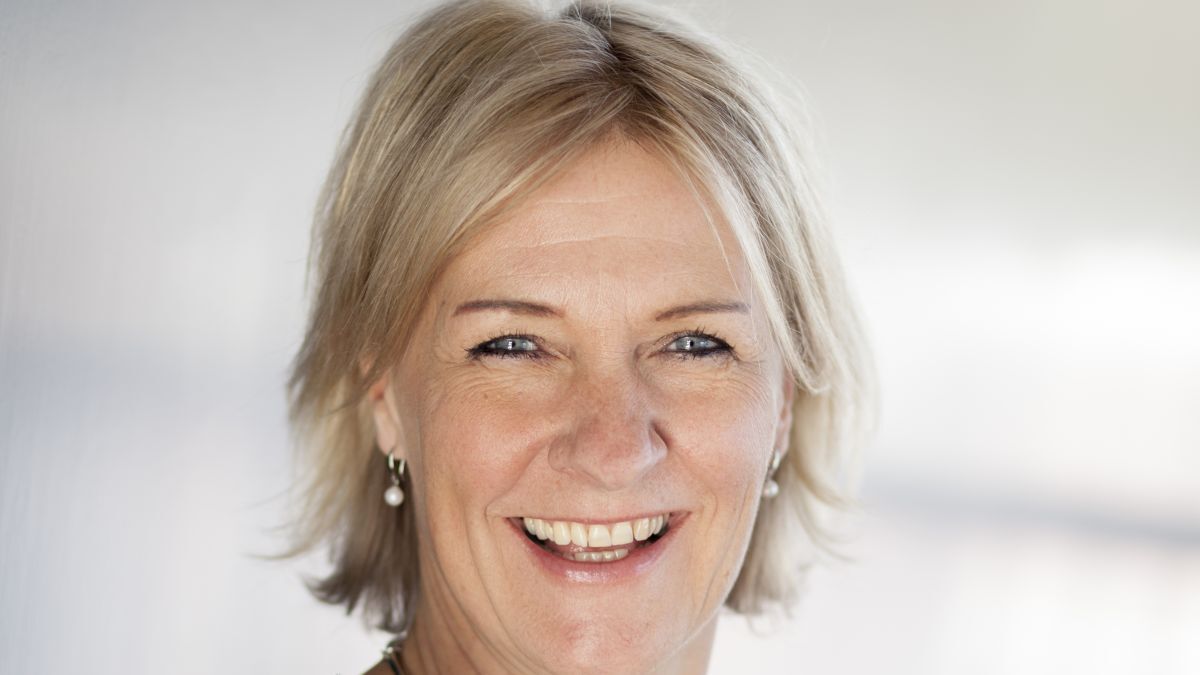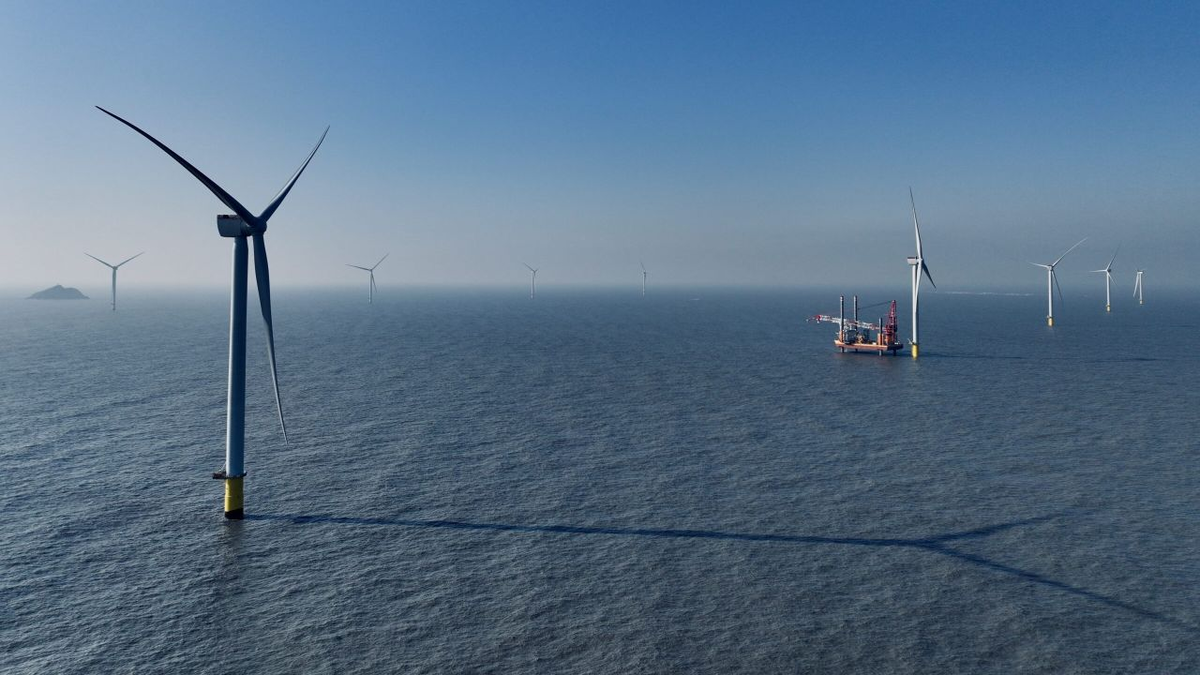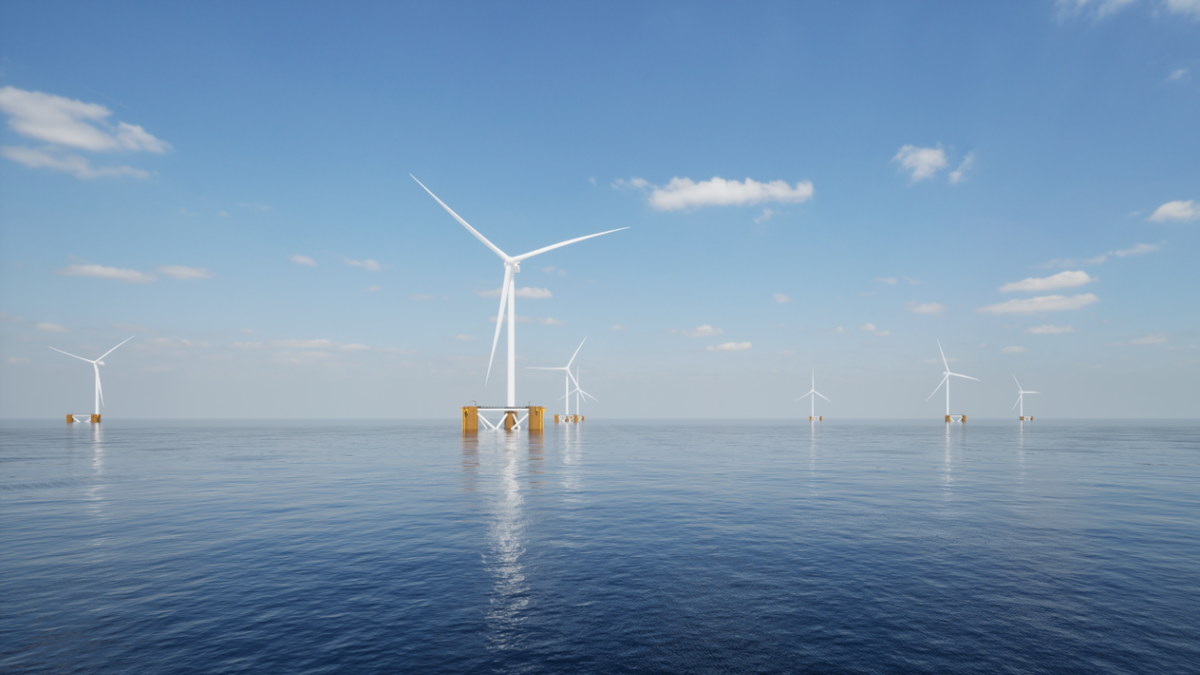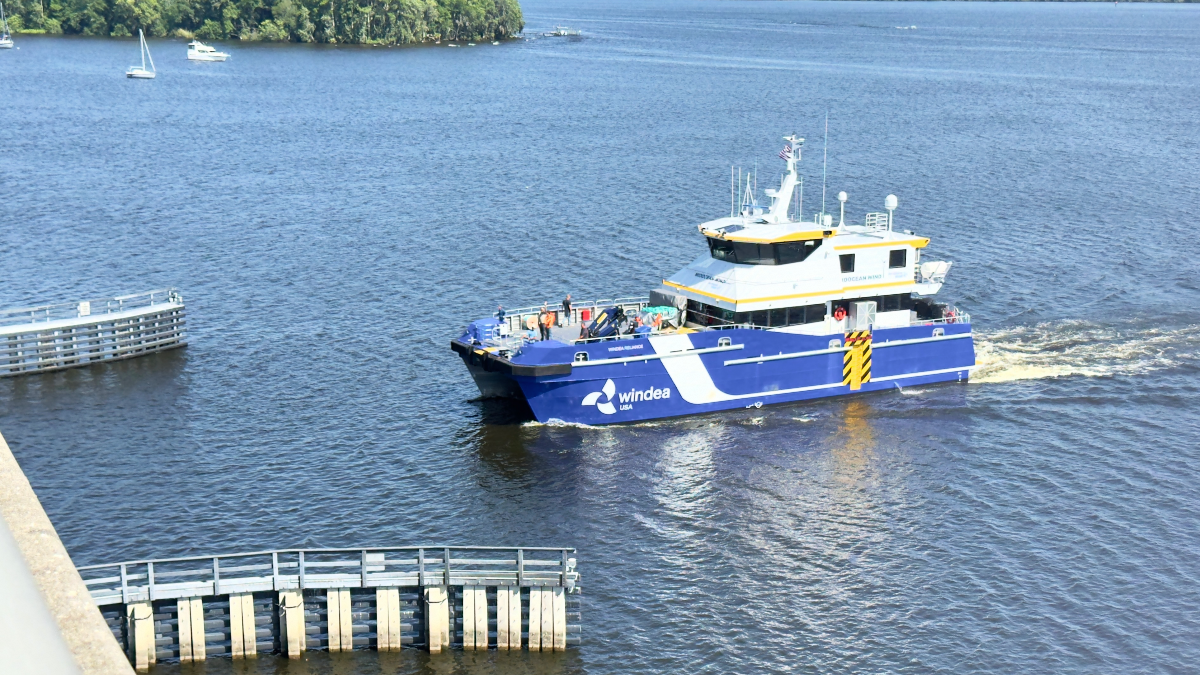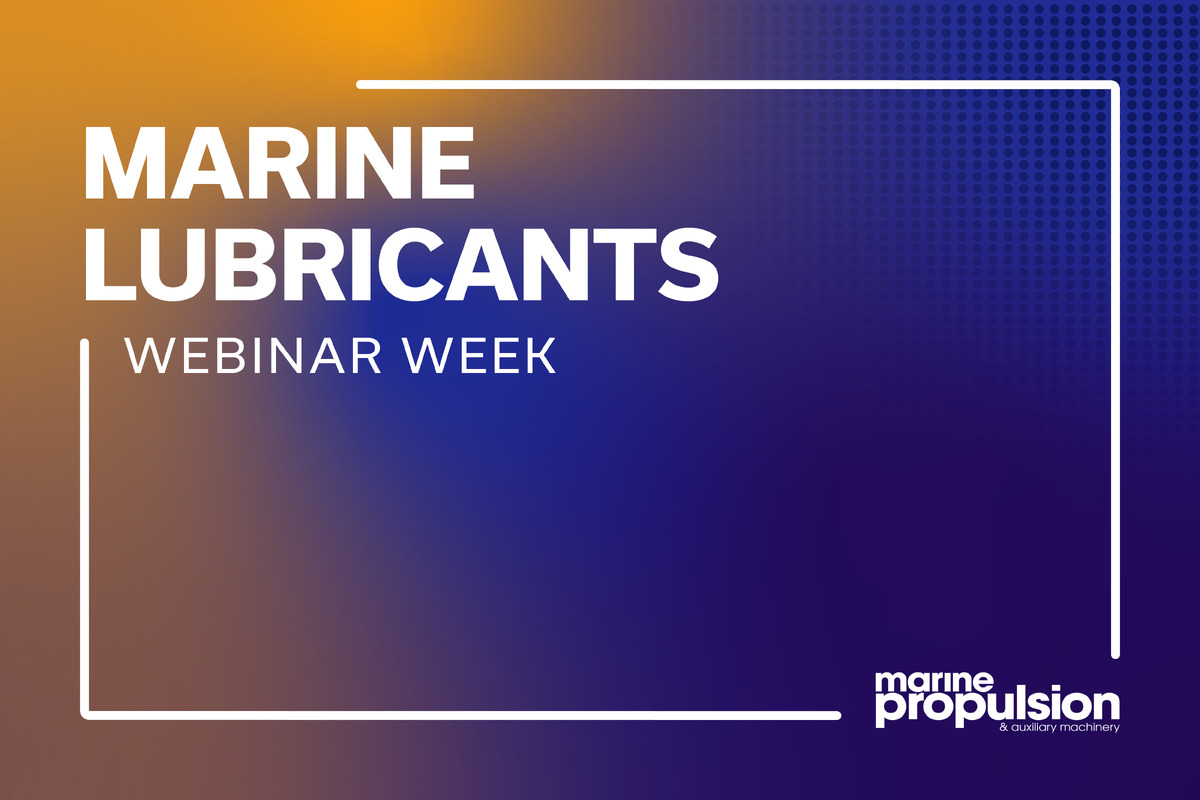Business Sectors
Contents
Register to read more articles.
Developers respond to Sweden’s bombshell offshore wind decision
Developers who had been hoping to build offshore windfarms in the Baltic to help meet Sweden’s growing need for green energy have responded with dismay to the government’s decision to halt 13 projects
Responding to the announcement, Svensk Vindenergi, the Swedish Wind Energy Association, said the decision was “surprising and problematic” and questioned why the government had categorically closed an entire area to potential electricity production “without a proper assessment.”
Svensk Vindenergi said, “We are extremely surprised the government collectively rejected 13 offshore windfarms in the Baltic. The projects that were rejected amount to around 30 GW of installed power, or about 140 terawatt hours of annual electricity production. By way of comparison, Sweden today uses approximately 130 TWh of electricity annually.”
The projects were rejected because the Swedish Ministry of Defence said they would potentially interfere with the operation of radars it uses to protect the country. It said the windfarms would “negatively affect” the armed forces’ ability to defend the country. It said there are “no technical solutions that can compensate for the problem,” although other countries are already working on technical solutions.
The projects that were rejected included the Skåne, Triton Aurora 2, Southern Victoria (S Midsjöbanken), Baltic Offshore Beta, Cirrus, Dyning/Freya 3, Arkona, Pleione, Neptune, Erik Segersäll, Baltic Offshore Delta North and Skidbladner offshore windfarms. One project, the Poseidon offshore windfarm in southern Skagerrak outside Stenungsund on the west coast of Sweden was approved. It is noteworthy because it will be the first windfarm in Sweden to be built using floating wind turbines, if it goes ahead.
Svensk Vindenergi said the decision to reject so many projects raises questions about how Sweden will solve climate change issues and said it would adversely affect Swedish competitiveness. It said the decision has consequences for electrification, and for whether Sweden can now meet national energy and climate goals. “It also sends negative signals to Swedish industry,” said Svensk Vindenergi. It noted there are a number of projects underway in NATO countries that already have offshore windfarms to address the technical issues they raise for radar operated by the military.
Eolus, one of the companies affected, was developing the 1.20-GW Arkona offshore wind project and the 1.0-GW Skidbladner project. Eolus chief executive Per Witalisson said the decision is “surprising and very unfortunate.” He also noted that NATO countries building offshore windfarms are working on technical solutions. “We are convinced it would have been possible to realise projects like this through co-operation between the Swedish Armed Forces and windpower developers,” he said.
OX2 head of offshore wind Sweden Emelie Zakrisson noted that although the government’s decision “does indeed take place in a new geopolitical situation,” it seemed to ignore “society’s need to work together” to address climate change.
“Today’s decision affects not only developers but also investors and in the long run industry in southern Sweden, because the Baltic offers some of the most cost-effective places in Swedish waters to build offshore windfarms,” she concluded.
Riviera’s Offshore Wind Webinar Week will be held 4 November 2024. Click here to register for this free-to-attend event.
Related to this Story
Events
TUGTECHNOLOGY '25
Reefer container market outlook: Trade disruption, demand shifts & the role of technology
Asia Maritime & Offshore Webinar Week 2025
Marine Lubricants Webinar Week 2025
© 2024 Riviera Maritime Media Ltd.

